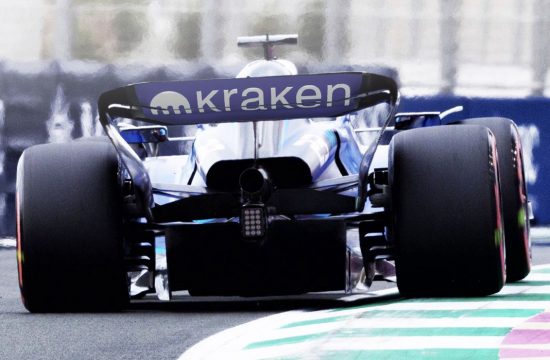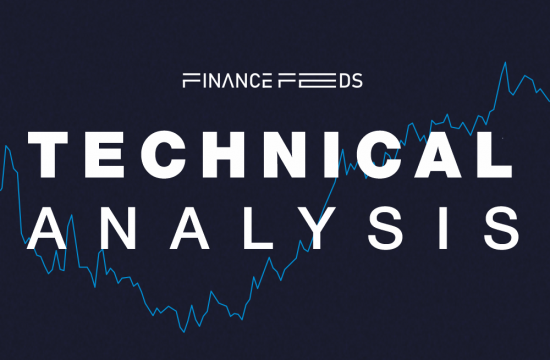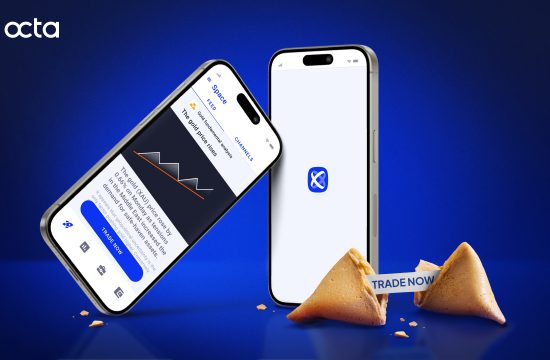Intercontinental Exchange will launch today a new freight futures contract based on the Baltic Exchange’s liquid petroleum gas (LPG) assessment for the Houston to Chiba route.
The new futures contract comes at a time natural gas and energy markets overall have become a key point of attention for the trading industry as prices have skyrocketed as of recently.
The LPG (BLPG3) Forward Freight Agreement (FFA) Houston To Chiba (Baltic) future will be cash-settled and allow participants to manage freight price risk on one of the top export routes for liquid petroleum gas.
The U.S. is one of the world’s top producers and leading exporters of LPG and Asia is one of the largest demand centers for the fuel.
Freight rates from Houston to Chiba have fluctuated between $45.75 and $182.40 per ton since the Baltic Exchange began reporting on the route in April 2020*.
J.C. Kneale, Vice President, North American Gas and Power, at ICE, said: “Hedging the U.S. Gulf Coast to Japan export route has become ever more critical for our customers. ICE’s natural gas liquid markets are growing strongly, with open interest out to 2024. With the new LPG freight contract, we are helping our customers to further manage their entire portfolio of exposure for LPGs from production to shipping to consumption.”
The new BLPG3 contract will trade alongside ICE’s existing LPG freight future based on the Baltic Exchange’s assessment for the Middle East to Japan route (ICE: WAT).
ICE has recently announced it is changing the margin requirements for the Energy Contracts listed below effective from the close of business on Monday, September 27, 2021 and reflected in margin calls made on Tuesday, September 28, 2021.
Accordingly, Firms carrying accounts with positions in the following contracts should be collecting margin using the updated ICE® Risk Model margin parameters: ICE Futures US Gas Contracts. All other ICE Risk Model margin parameters remain unchanged.
For each of the IFUS Energy Contracts, ICE Clear Europe (“ICEU”) determines the margin rate that is charged to clearing members that carry positions in these contracts. The Exchange minimum margin requirements for outright and straddle positions are based upon the ICEU margin rate charged to clearing members, as follows:
For all accounts, clearing members are required to identify categories of customers with heightened risk profiles and collect initial margin for each account at a level that exceeds the specified clearing original margin requirement by an amount commensurate with the risk presented by each such account. Exchange Carrying Firms are required to collect initial margin on this same basis.












